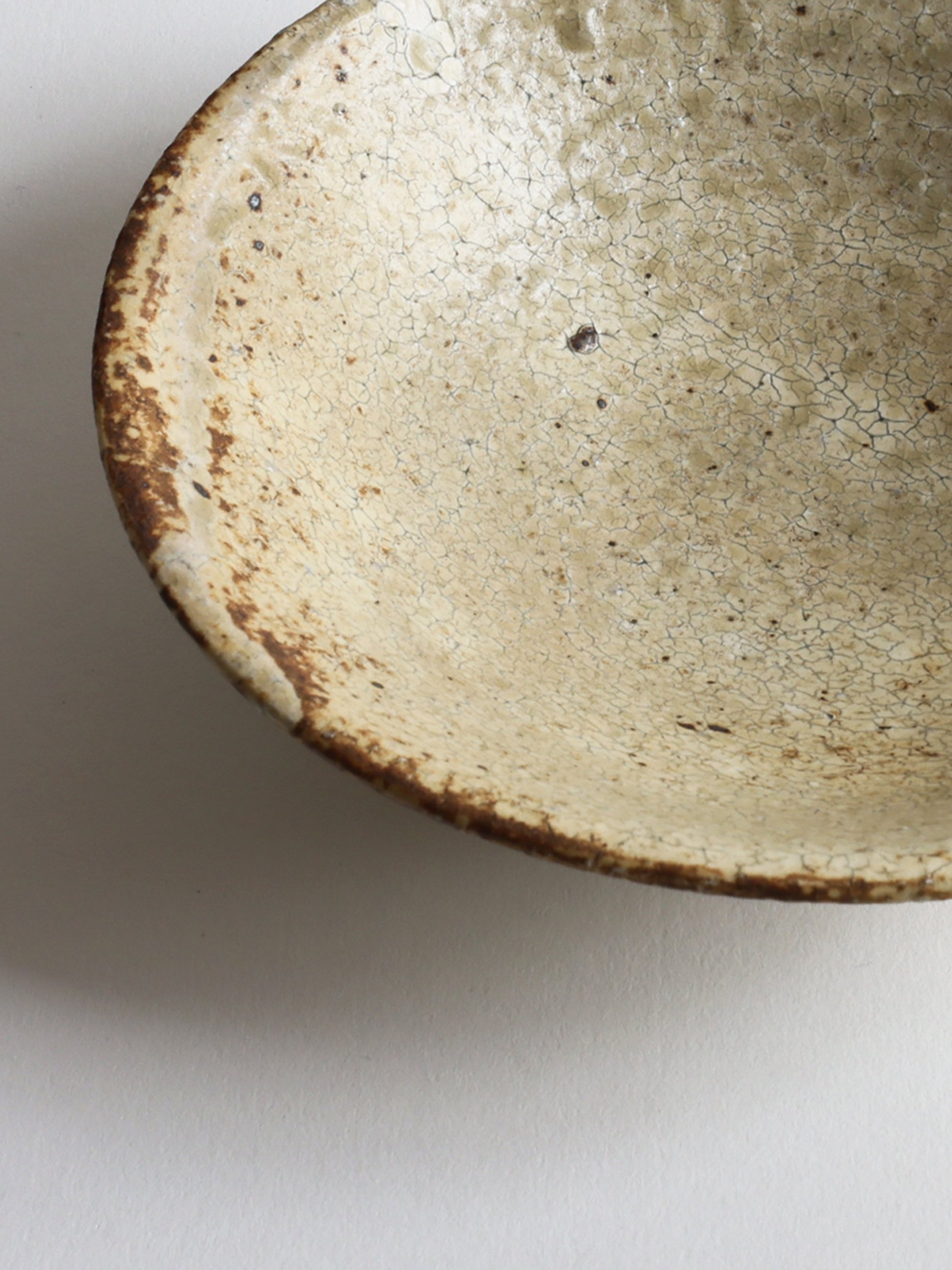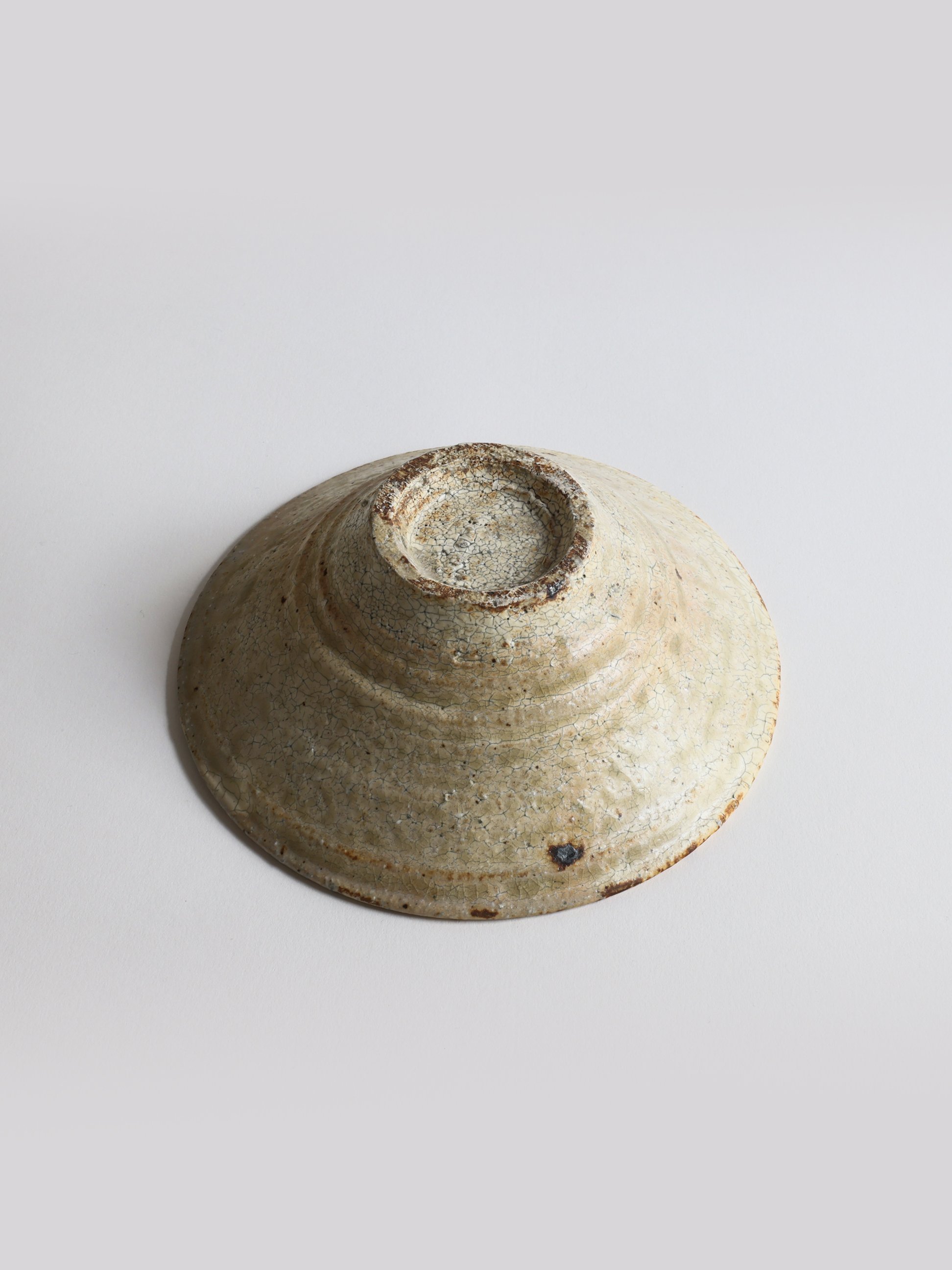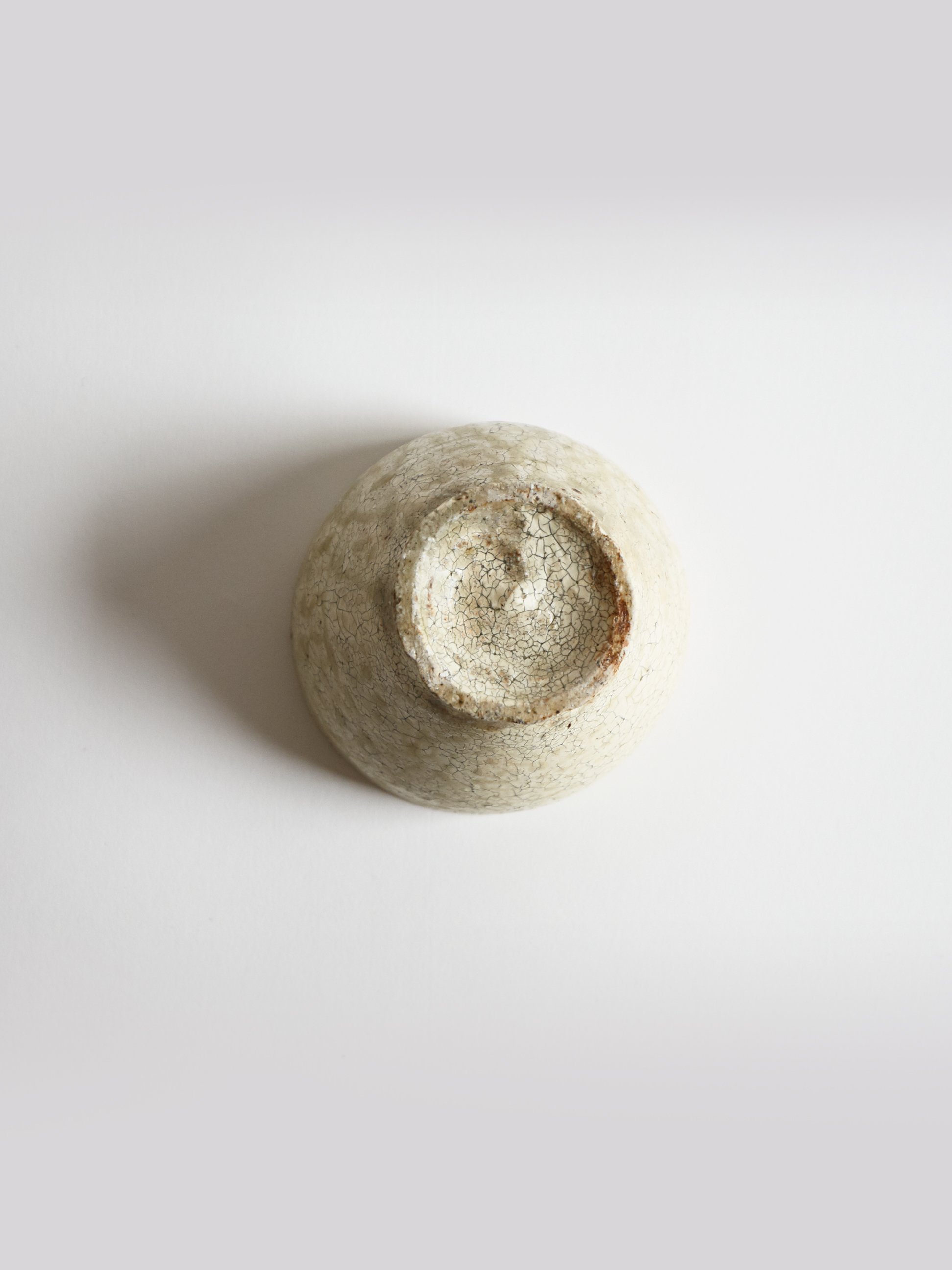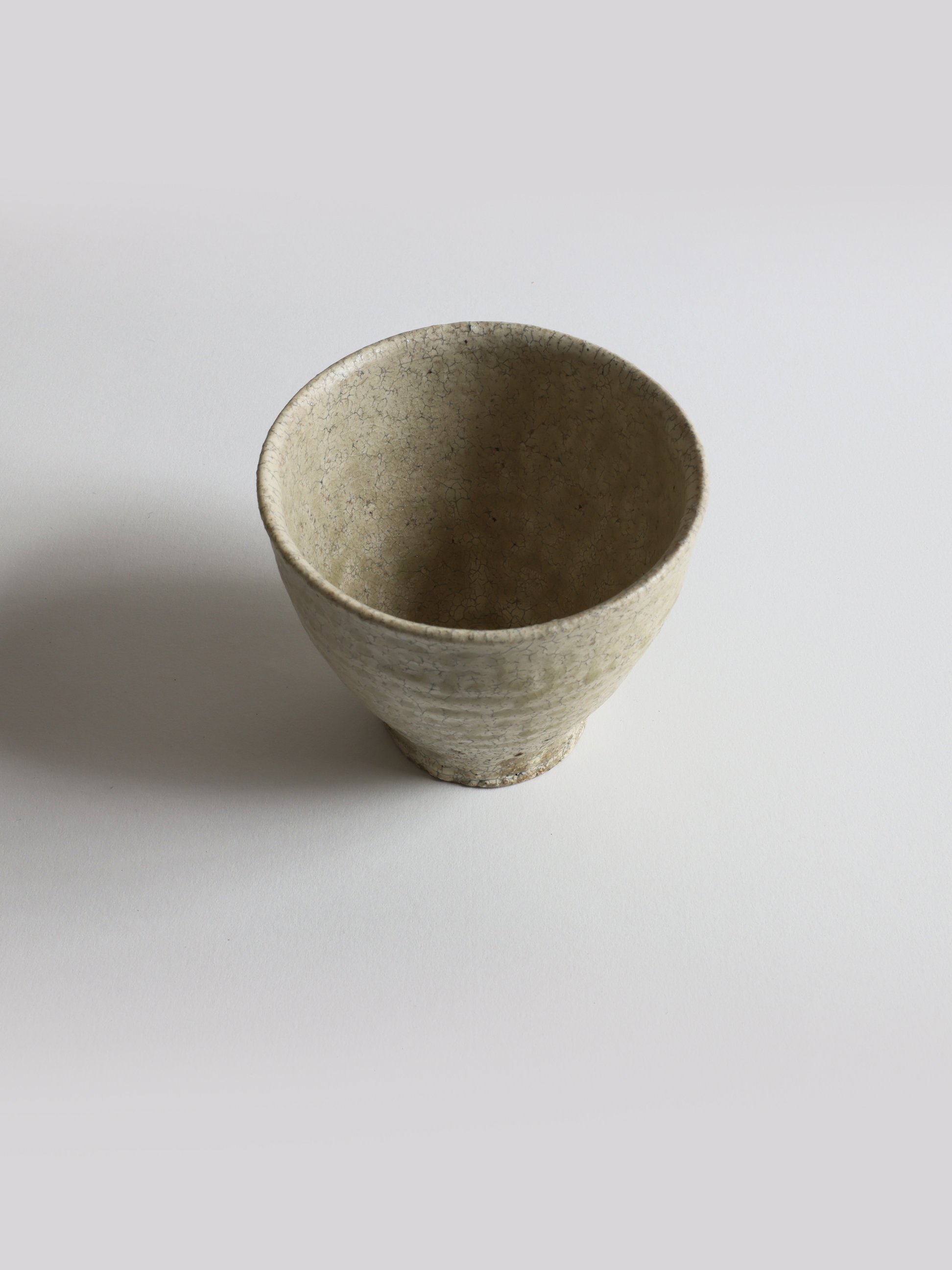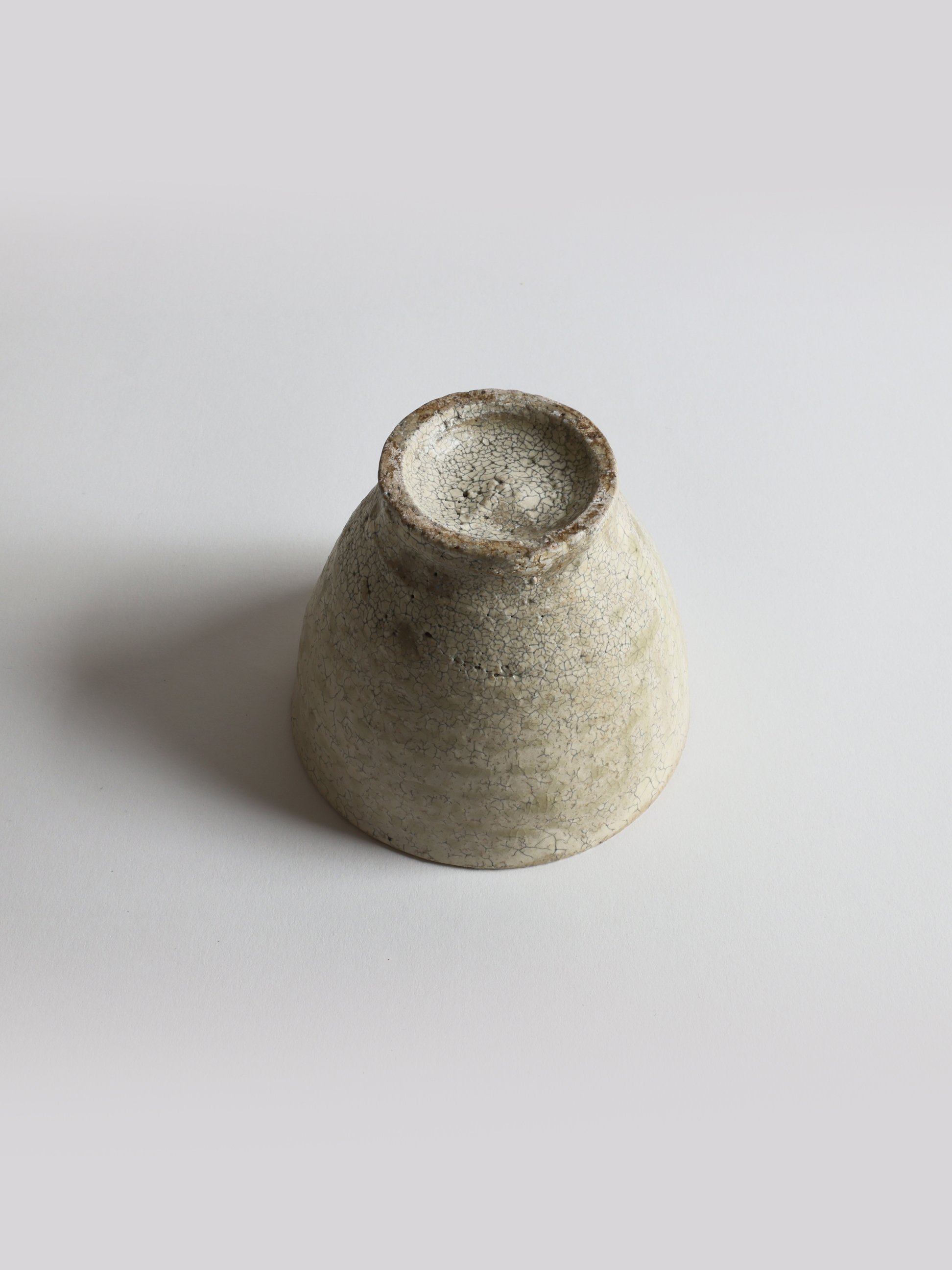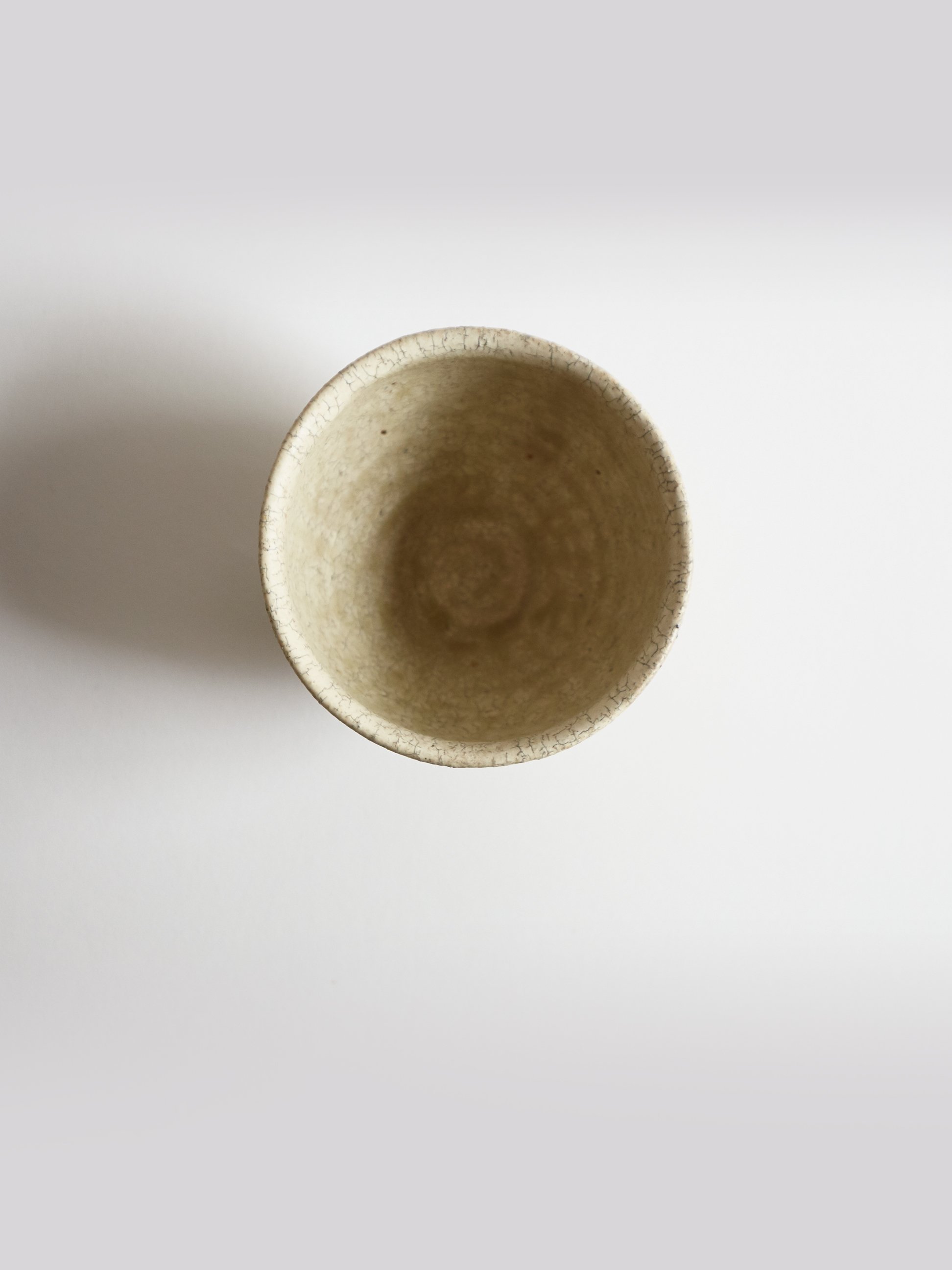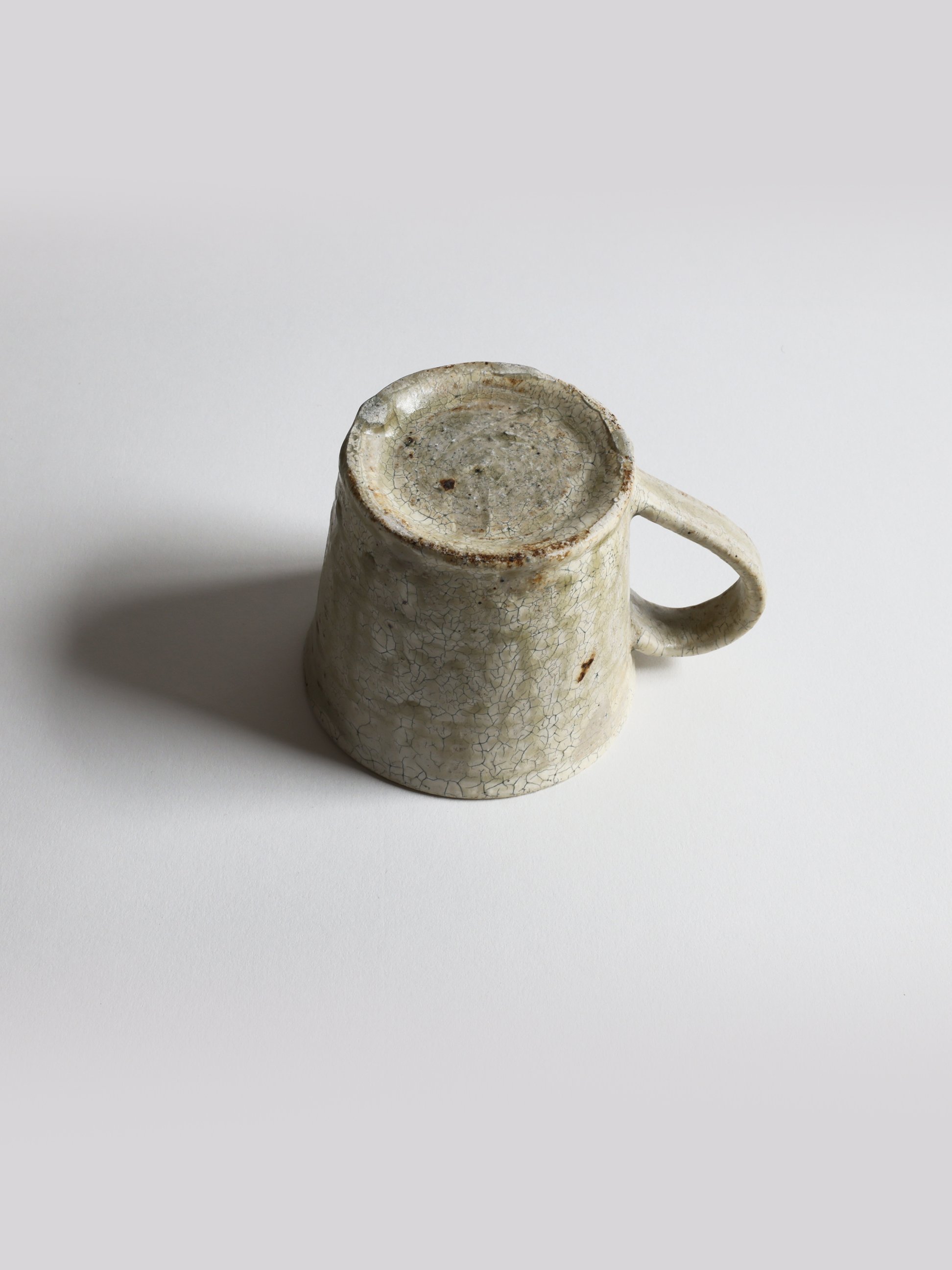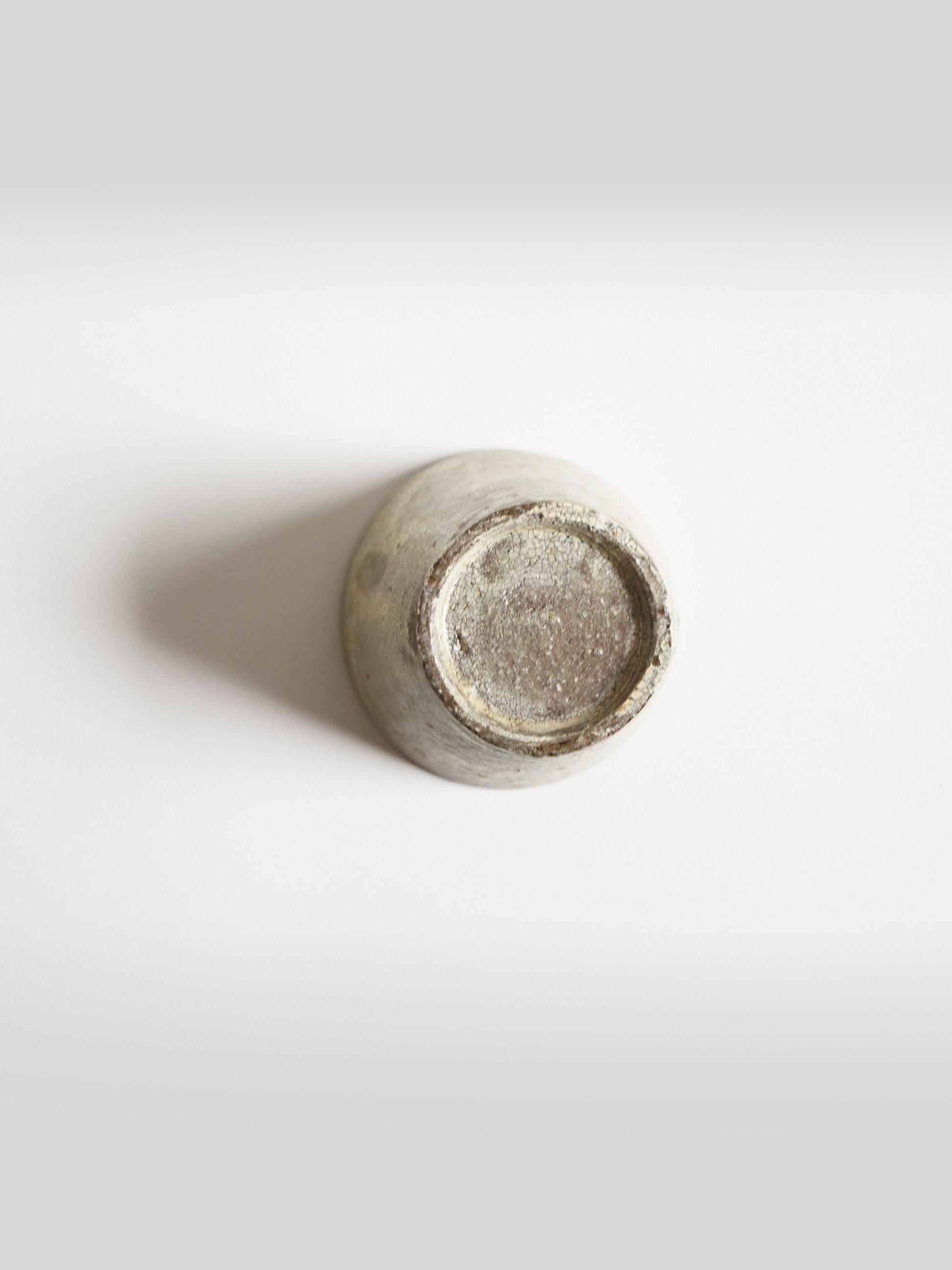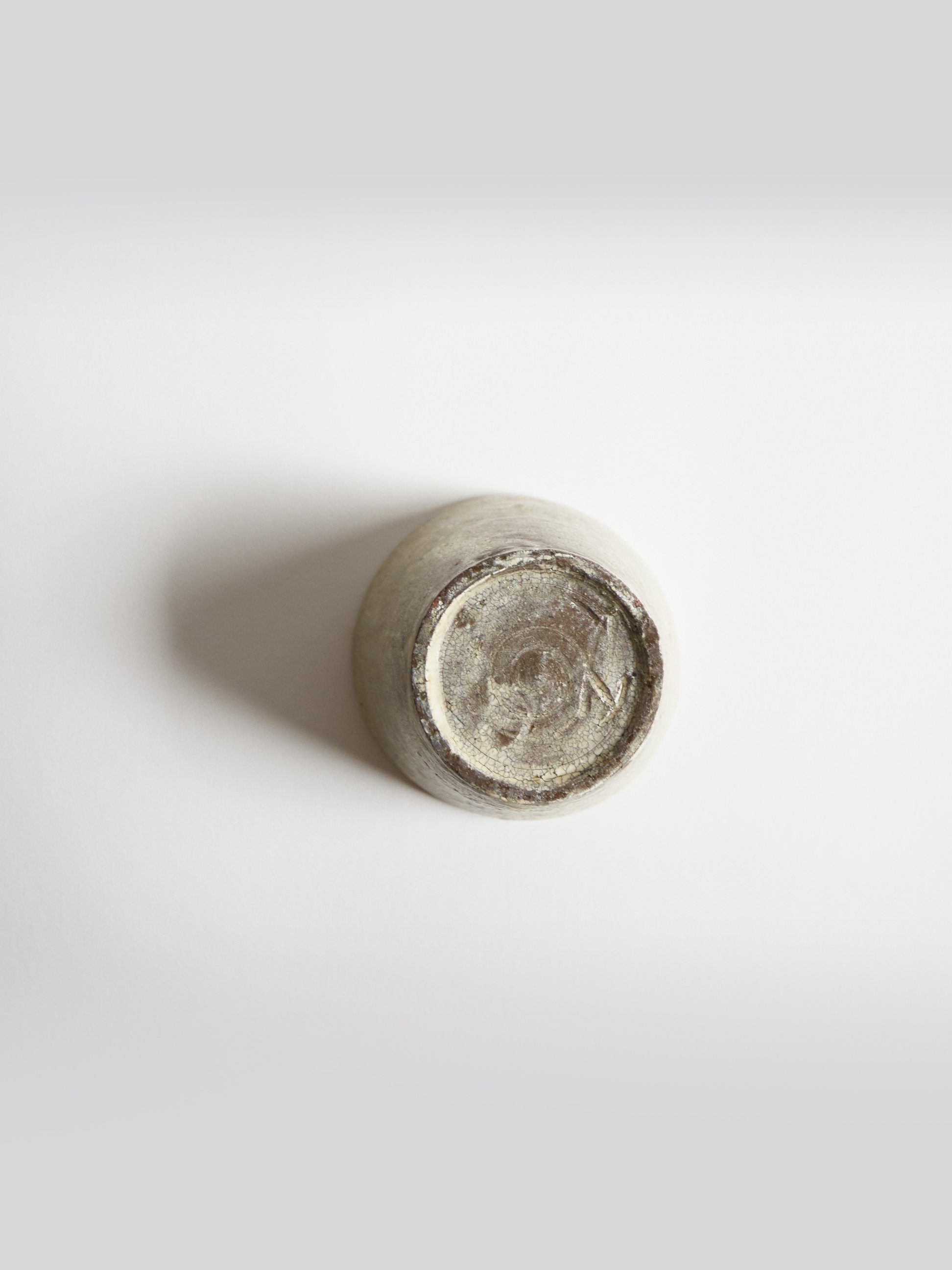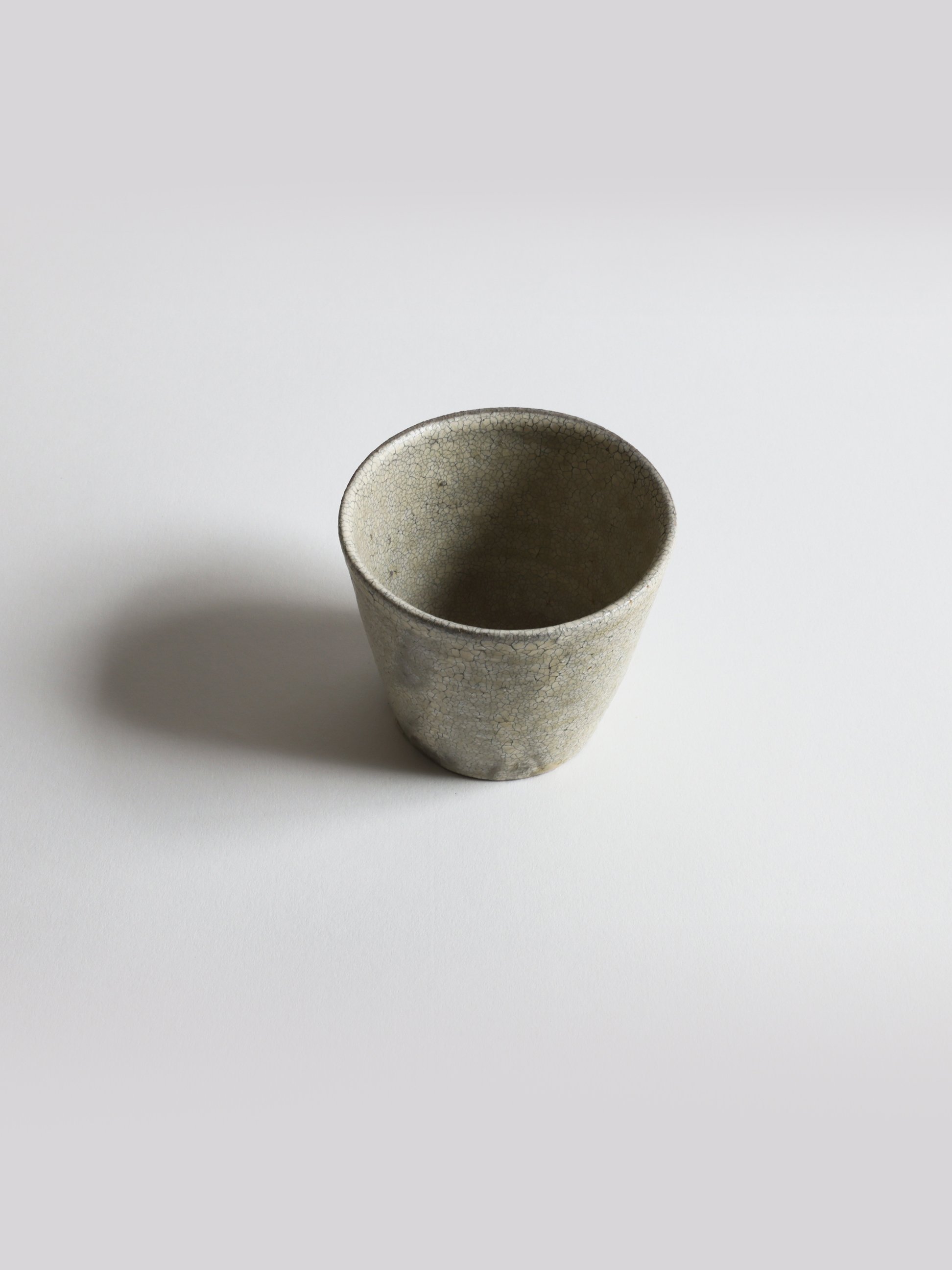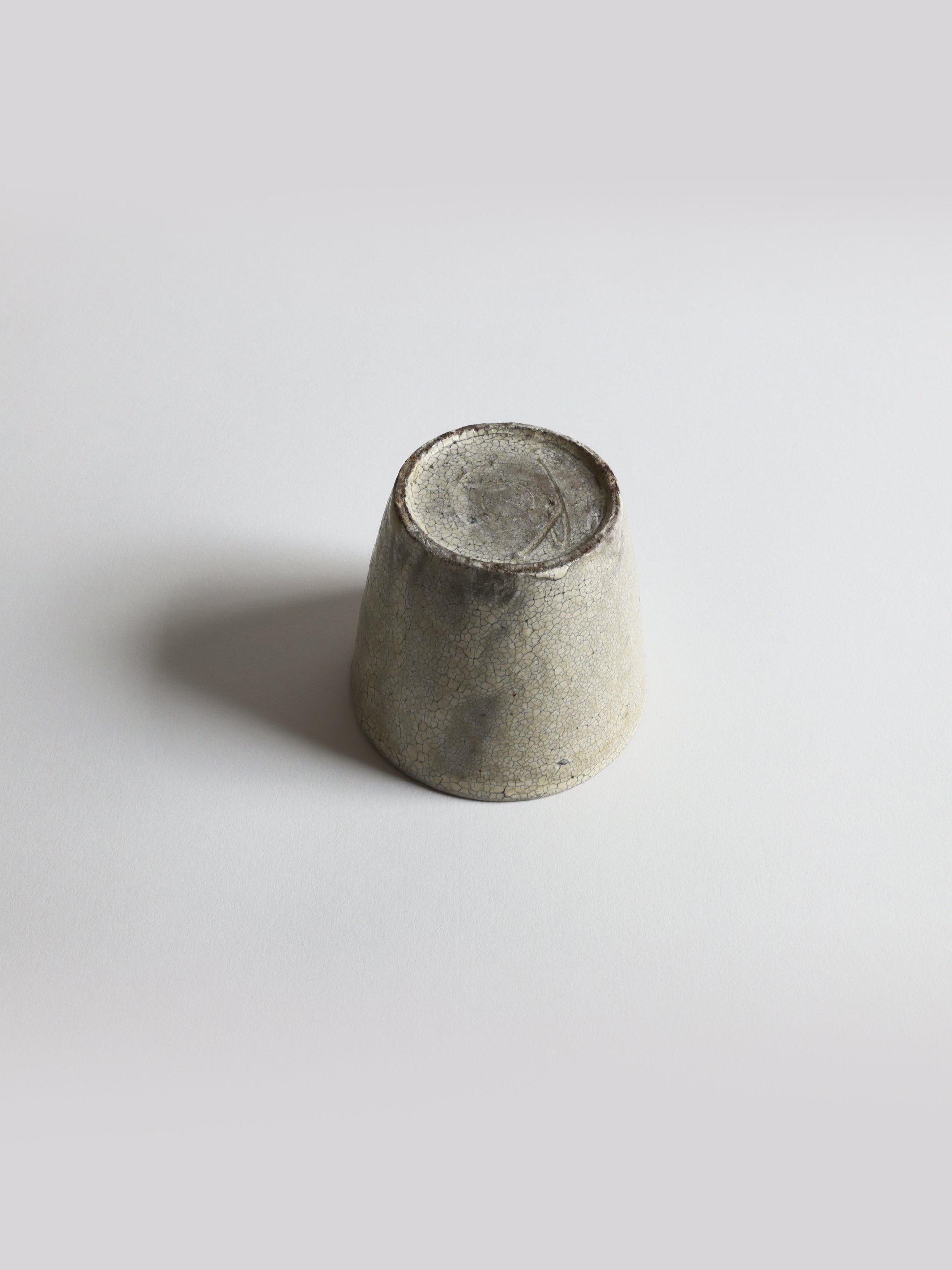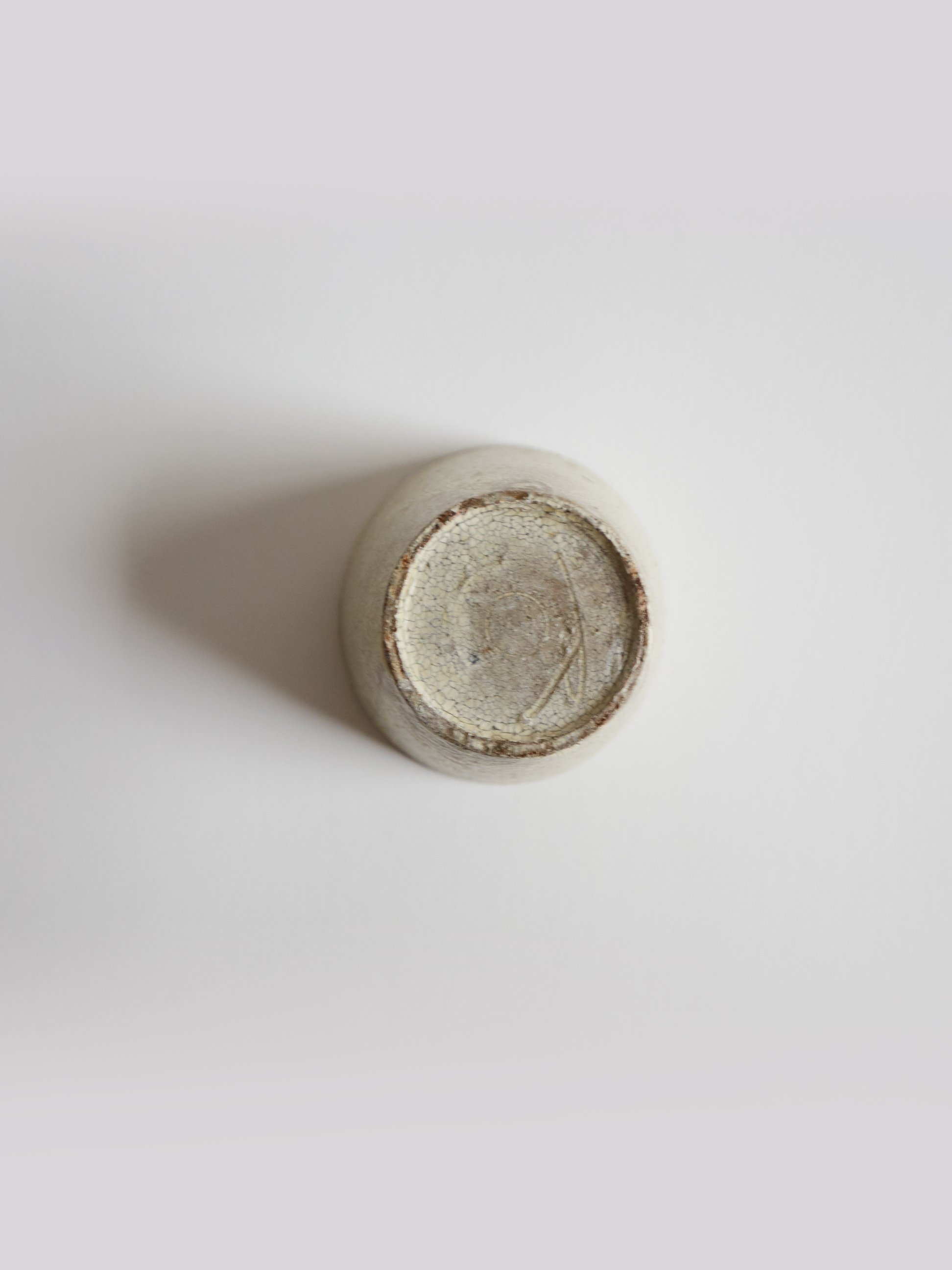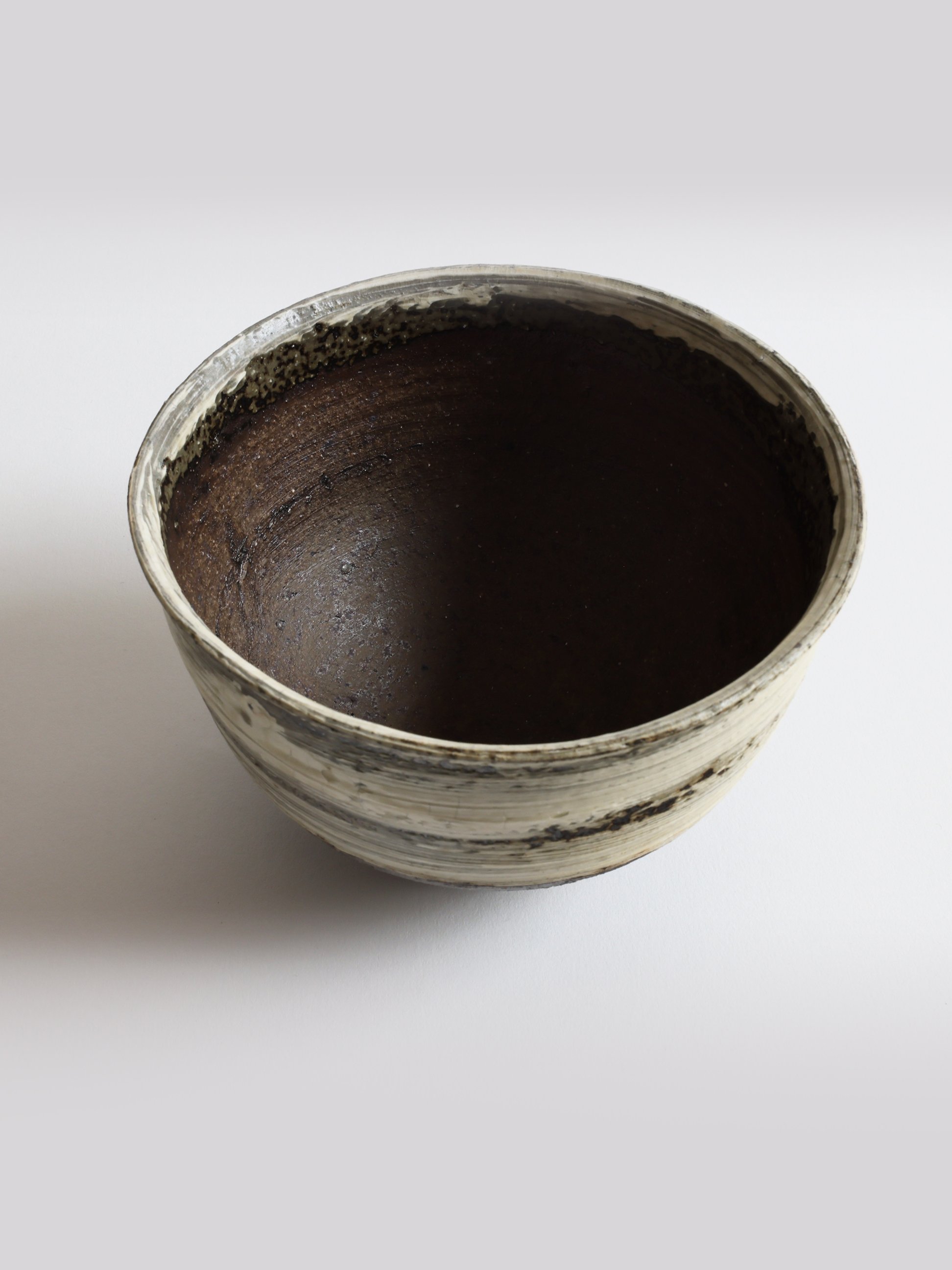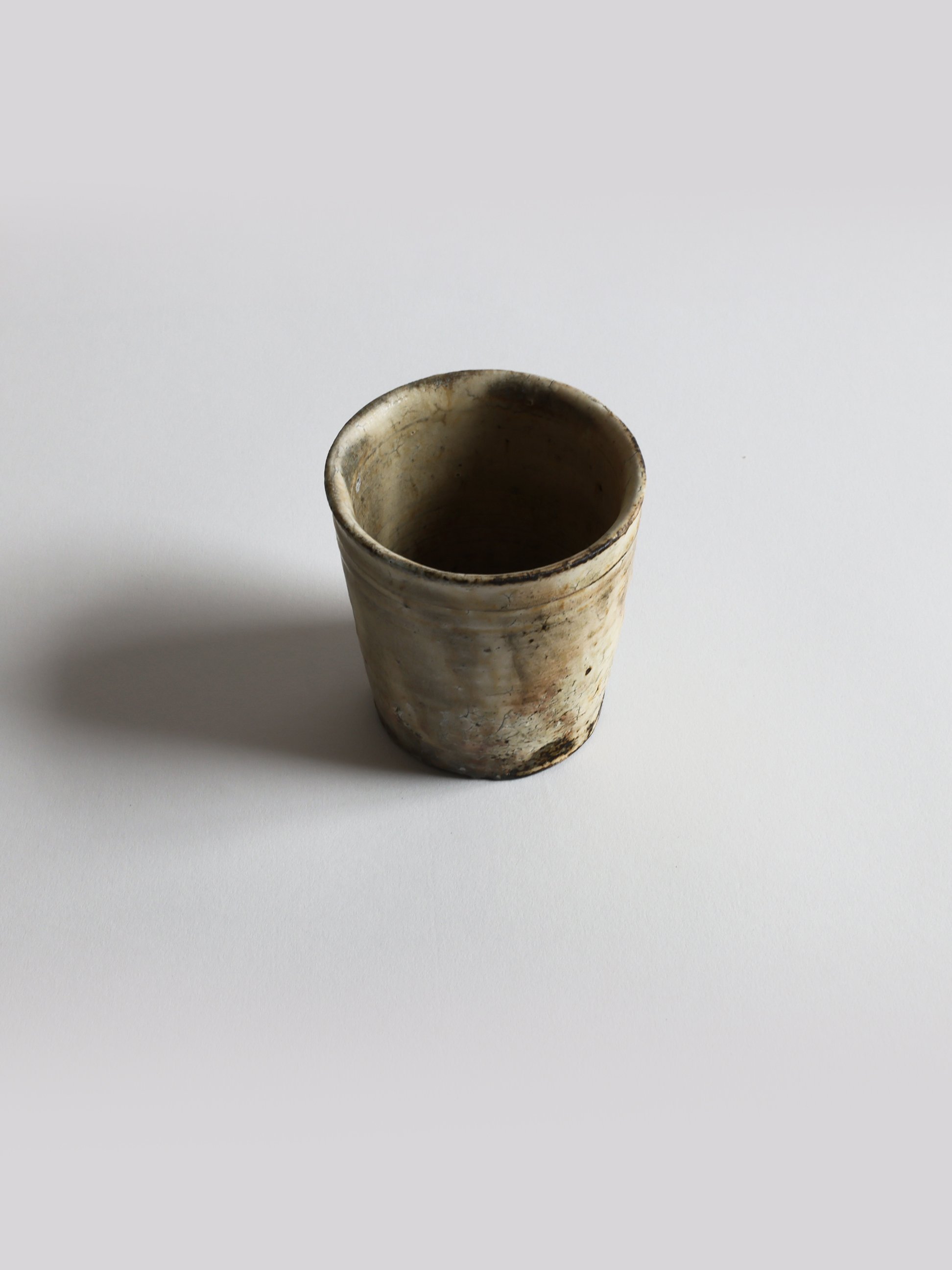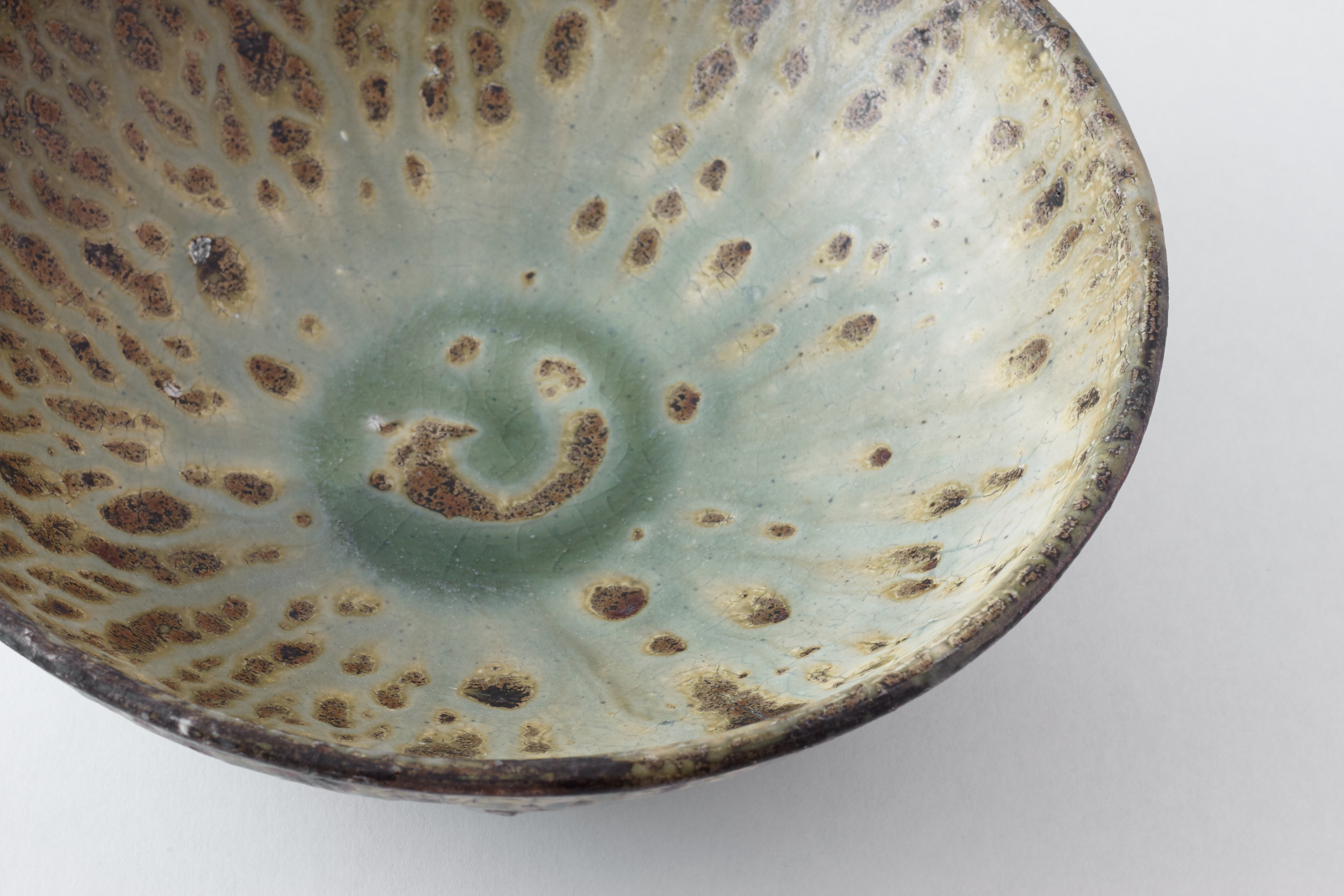
ATSUSHI OGATA
Atsushi Ogata
Atsushi Ogata
Atsushi Ogata, a distinguished artist and artisan in the world of ceramics, embarked on his pottery journey later in life but has swiftly made up for lost time. Born and raised in Tokyo, Ogata initially pursued a career in publishing after college. It wasn't until his wife, whom he met during their college years, introduced him to pottery that his artistic path began to unfold.
His wife left her teaching job to study pottery in Seto City, renowned for its ceramics and pottery in Japan’s Aichi Prefecture. Inspired by her dedication, Ogata also left his editorial career to study pottery in Seto. After completing their studies, the couple gained valuable experience working for another artisan and began showcasing their creations at a market in Seto City.
Ogata's artistic style evolved from decorative intricacies to simpler, more robust forms, naturally shifting towards the creation of everyday household art. He believed that unrefined clay reveals the essential elemental character of the soil it originates from. This philosophy led him to travel across Japan in search of the perfect clay. Eventually, Ogata and his wife settled in the remote countryside of Nara, where they found the clay they cherished and established their kilns. They continue to reside and maintain their studio in this serene location.
Ogata aspires for people to experience the essence of nature in each piece of his pottery, bringing the beauty of the natural world to the dining table.
Despite the physical and mental demands of working with a Makigama (wood-fired kiln), Ogata recently began challenging himself with larger-scale works while he still possesses the strength. Although he maintains a laid-back demeanor, there is an underlying sense of urgency in his approach.
While gas kilns offer easier control over production, Ogata finds joy in the unpredictable results of the Makigama process. He believes that the instability and inefficiency of this method enhance the vitality of the clay. Over time, his style has refined to embody rough and masculine shapes, prioritizing the practicality of everyday use.















